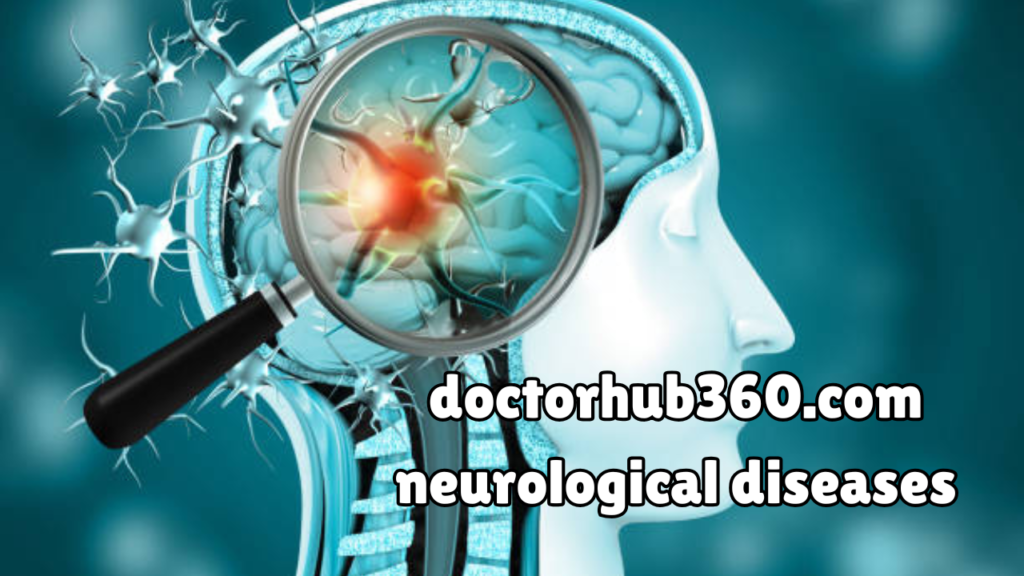What Are Neurological Diseases?
Neurological diseases affect the body’s brain, spinal cord, and nerves. These disorders can lead to severe impairments in movement, speech, memory, and cognitive function. Understanding these conditions is crucial for early diagnosis and effective treatment.
Common Neurological Diseases
Neurological diseases vary widely in their symptoms and causes. Here are some of the most common:
Alzheimer’s Disease
A progressive brain disorder that causes memory loss, confusion, and cognitive decline. It primarily affects older adults and worsens over time.
Parkinson’s Disease
A disorder affecting movement due to a lack of dopamine production in the brain. Symptoms include tremors, stiffness, and slow movement.
Multiple Sclerosis (MS)
A condition where the immune system attacks the protective covering of nerves, leading to muscle weakness, vision problems, and coordination issues.
Epilepsy
A disorder characterized by recurrent seizures due to abnormal electrical activity in the brain. It can be managed with medication and lifestyle adjustments.
Migraine
A neurological disorder causing severe headaches, sensitivity to light and sound, nausea, and visual disturbances.
Stroke
It occurs when the blood supply to the brain is disrupted, leading to brain cell damage. Symptoms include sudden weakness, confusion, and loss of coordination.

Causes of Neurological Diseases
Several factors contribute to neurological diseases, including:
- Genetics: Some disorders are inherited.
- Infections: Bacterial and viral infections can damage the nervous system.
- Lifestyle Factors: Poor diet, lack of exercise, and smoking increase the risk.
- Trauma: Head injuries and accidents can lead to long-term neurological issues.
Symptoms of Neurological Disorders
Symptoms vary depending on the specific disease but may include:
- Memory loss
- Muscle weakness
- Seizures
- Headaches
- Numbness or tingling
- Difficulty speaking or understanding speech
Diagnosis and Treatment
Diagnosis
Doctors use various methods to diagnose neurological diseases, such as:
- MRI and CT Scans: Imaging techniques to detect abnormalities.
- Electromyography (EMG): Measures electrical activity in muscles.
- Spinal Tap (Lumbar Puncture): Analyzes cerebrospinal fluid for signs of disease.
Treatment Options
While some neurological diseases have no cure, treatments can help manage symptoms:
- Medications: Used for pain relief, seizures, and symptom control.
- Physical Therapy: Helps improve mobility and strength.
- Surgery: In severe cases, surgical intervention may be necessary.
- Lifestyle Changes: A healthy diet, exercise, and stress management can improve overall well-being.

Preventing Neurological Diseases
Prevention strategies include:
- Eating a nutritious diet rich in vitamins and minerals.
- Staying physically active to maintain brain health.
- Managing stress and mental health effectively.
- Avoiding smoking and excessive alcohol consumption.
- Regular medical check-ups for early detection.
Also Read : FFBooru: A Hub for Furry Art Enthusiasts
Final Thoughts
doctorhub360.com neurological diseases provide valuable insights into various brain and nervous system disorders. Understanding these conditions, recognizing symptoms early, and seeking medical care can significantly improve the quality of life. Stay informed, take preventive measures, and prioritize brain health for a healthier future.












































